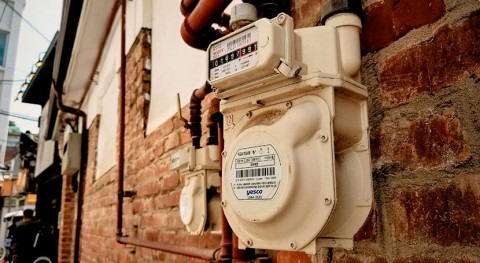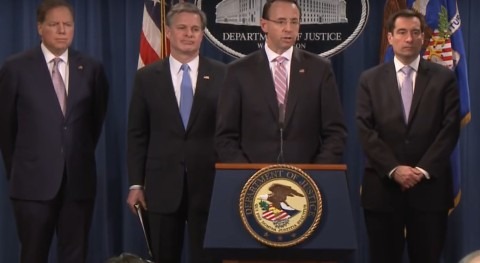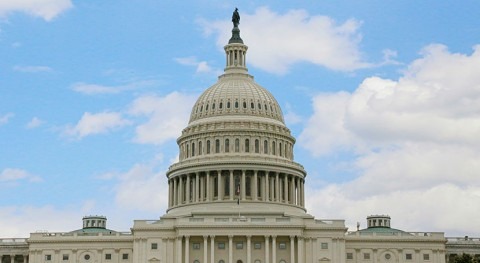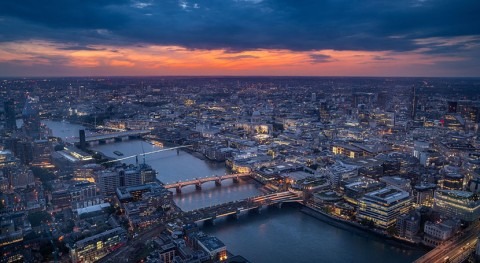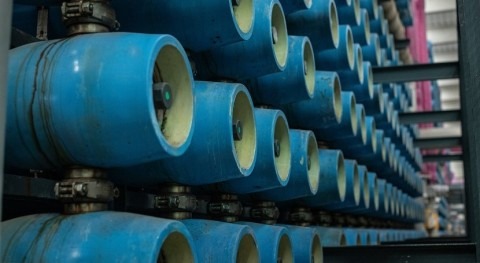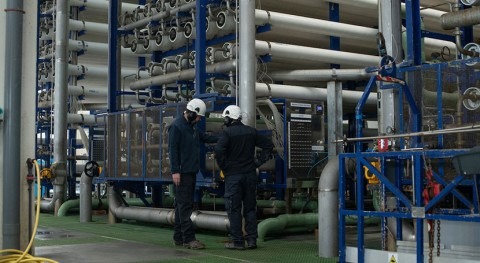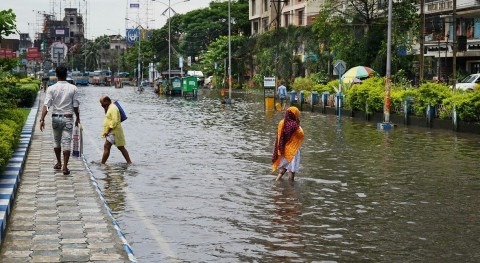A new EPA policy released last Thursday establishes new guidelines for company self-monitoring during the coronavirus crisis, informs The New York Times. The agency will not issue penalties for the violation of some reporting requirements related to air, water and hazardous waste. The changes are retroactive to March 13.
According to the new policy, during the outbreak the focus will be on ‘situations that may create an acute risk or imminent threat to public health or the environment’, while enforcement discretion will be used concerning other environmental rules.
Officials who worked for the EPA under the Obama administration and environmental organisations say the policy is an unprecedented relaxation of rules for major polluters such as petrochemical plants. Gina McCarthy, former head of the EPA, referred to it as ‘an open license to pollute’.
Contrasting opinions have welcomed the decision, saying it provides guidance in a difficult moment when many industries deal with unusual circumstances. ‘It is a very straightforward and sensible, in my view, guidance’ said Granta Nkayama, who worked at the compliance office of the EPA under the George W. Bush administration.
The reactions from different states have been heterogeneous. In many states, environmental enforcement programmes are based on federal rules. While some states do not agree with the EPA’s emergency guidance, others concur with it and will exercise enforcement discretion, reports Bloomberg.
On Friday EPA Administrator Andre Wheeler wrote to state governors requesting that ‘water and wastewater workers, as well as the manufacturers and suppliers who provide vital services and materials to the water sector, are considered essential workers and businesses by state authorities when enacting restrictions to curb the spread of COVID-19’.
The EPA policy puts more responsibility in the hands of business, according to Teresa Hartman, Climate Lead at the World Economic Forum. ‘Going forward, those companies that adopt a stakeholder model and ensure their actions benefit all of society should be the ones that are supported’, she said. Having watched the drop in pollution levels as the coronavirus crisis unfolds, she warns now is the time to design long term responses in the form of green stimulus packages that address human health, environmental concerns and economic recovery.






